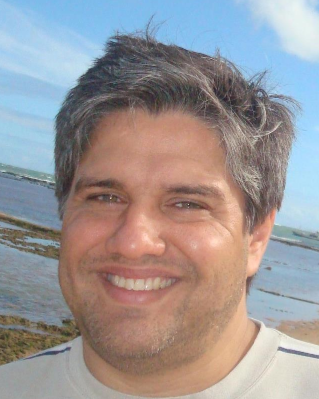Agenda IB

Anete Pereira de Souza
My main research area is the study of genetic diversity in different biological systems, its use and applications in plant breeding, conservation of wild species and new biotechnological targets in fungi for biomass degradation. These studies have been carried out mainly through molecular biology approaches, genetic and genomic analyses, biotechnology, computational biology, bioinformatics and statistical genetic tools.

Marco Aurélio Ramirez Vinolo
The aim of our research is to identify the mechanisms by which the gut microbiota contributes to health. In this context, we are particularly interested in bacterial metabolites called short-chain fatty acids (SCFAs, acetate, propionate and butyrate). These molecules are generated by the fermentation of dietary fibers and play an important role in regulating host metabolism and immunity, being recognized as one of the microbiota-host interaction links.

André Victor Lucci Freitas
Labbor is located in the Animal Biology Department (Departamento de Biologia Animal) at Unicamp, Campinas, SãoPaulo. The lab focuses its research in studies on natural history, ecology and systematics of Neotropical lepidoptera. Current lines of research include butterfly taxonomy and phylogeny, natural history, adult and immature morphology, community ecology, and conservation.